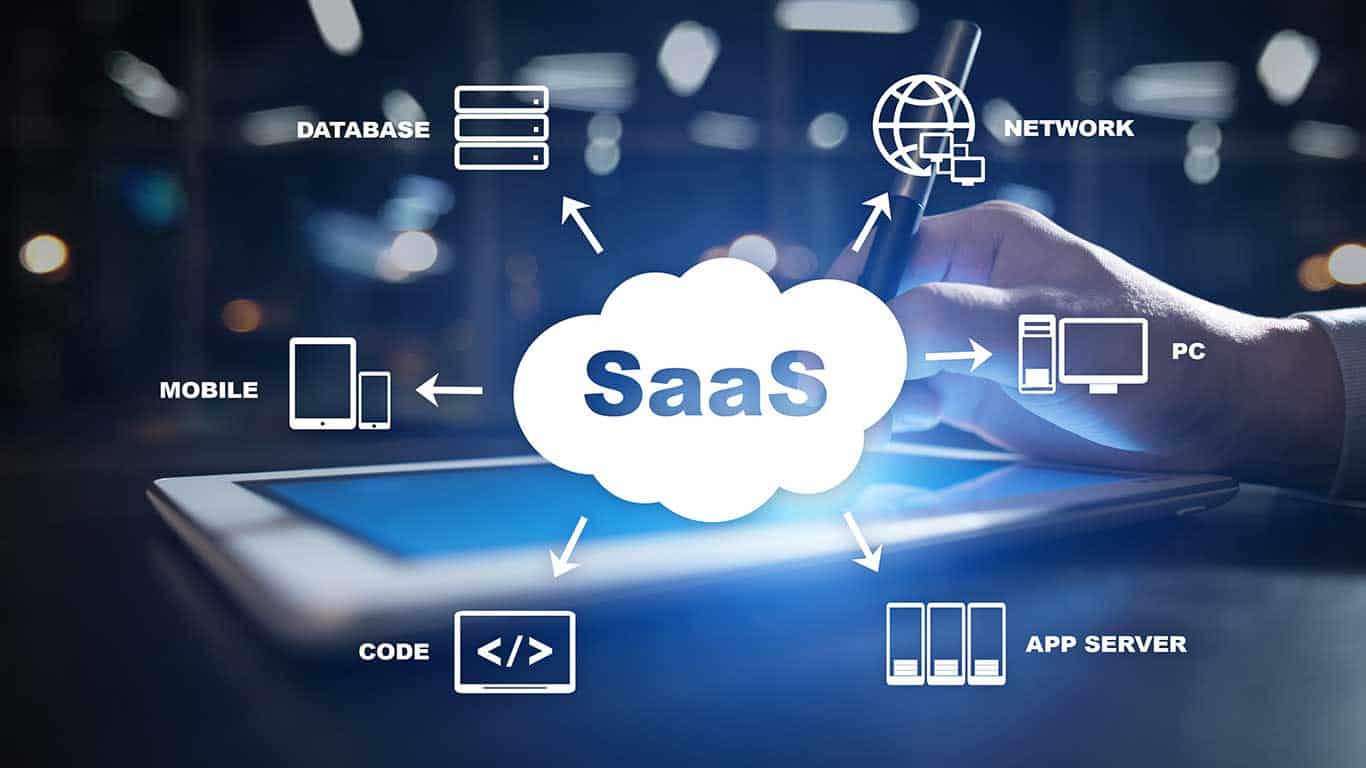Unlocking the Power of Digital Media Services: A Comprehensive Guide
In today’s fast-paced digital world, where technology reigns supreme, businesses of all sizes are constantly striving to stay ahead of the curve. One of the most effective ways to do so is by harnessing the power of digital media services. From social media marketing to search engine optimization, these services have become indispensable tools for businesses looking to expand their online presence and reach a wider audience. But what exactly are digital media services, and how can they unlock the full potential of your business? In this comprehensive guide, we will delve deep into the world of digital media services, exploring their various forms and highlighting their immense value in today’s highly competitive landscape. Whether you’re a small startup or an established industry leader, understanding and utilizing these services can be a game-changer for your business growth. But before we dive in, picture this: you’re scrolling through your social media feed, and amidst the countless posts and updates, one advertisement manages to catch your eye. It’s captivating. It’s relevant. And most importantly, it speaks directly to your needs and interests. How did this advertisement manage to stand out in the sea of noise? The answer lies in the power of digital media services.
What are Digital Media Services?
Digital media services encompass a wide range of strategies and techniques aimed at promoting and enhancing a business’s online presence. These services leverage various digital platforms and channels to reach and engage with target audiences, ultimately driving brand awareness, customer acquisition, and revenue growth.
At its core, digital media services involve the use of technology and digital tools to create, distribute, and analyze content. This content can take many forms, including text, images, videos, and interactive experiences. By utilizing these services effectively, businesses can connect with their target audience on a deeper level and establish meaningful relationships that drive long-term success.
Some common types of digital media services include:
- Social media marketing
- Search engine optimization (SEO)
- Content creation and marketing
- Pay-per-click advertising (PPC)
- Email marketing
- Video production and marketing
- Web analytics
Each of these services plays a unique role in helping businesses achieve their goals in the digital realm. Let’s explore some of them in more detail.
The Importance of Digital Media Services for Business Growth
In today’s hyper-connected world, having a strong online presence is crucial for business growth. Digital media services provide businesses with the tools they need to effectively navigate the digital landscape and stand out from the competition.
One of the key benefits of digital media services is their ability to reach a wider audience. Through social media marketing campaigns or targeted PPC advertising, businesses can extend their reach beyond traditional marketing channels. This allows them to connect with potential customers who may not have been aware of their products or services otherwise.
Furthermore, digital media services enable businesses to engage with their audience in a more personalized and interactive manner. By creating compelling content and leveraging social media platforms, businesses can foster meaningful connections with their customers. This not only helps build brand loyalty but also encourages word-of-mouth marketing and customer advocacy.
Social Media Marketing: Reaching and Engaging a Wider Audience
Social media marketing has revolutionized the way businesses connect with their target audience. Platforms like Facebook, Instagram, Twitter, and LinkedIn offer powerful tools for businesses to promote their products or services, engage with customers, and build brand awareness.
With social media marketing, businesses can create targeted ad campaigns that reach specific demographics based on factors such as age, location, interests, and behaviors. This level of precision targeting ensures that businesses are reaching the right people at the right time, maximizing the effectiveness of their marketing efforts.
In addition to paid advertising, social media platforms also provide opportunities for organic reach through content creation. By consistently sharing valuable and engaging content, businesses can attract followers who are genuinely interested in what they have to offer. This not only helps increase brand visibility but also establishes credibility and trust among potential customers.
Search Engine Optimization: Boosting Your Online Visibility
Search engine optimization (SEO) is a fundamental aspect of digital media services that focuses on improving a website’s visibility in search engine results pages (SERPs). When users search for relevant keywords or phrases related to a business’s products or services, SEO aims to ensure that the business’s website appears prominently in the search results.
Effective SEO involves various strategies such as keyword research, on-page optimization, link building, and technical optimizations. By implementing these strategies correctly, businesses can increase their organic traffic from search engines like Google or Bing.
Higher visibility in search results not only drives more traffic to a website but also enhances brand credibility. When users see a website ranking highly in search results, they are more likely to perceive it as a trustworthy and authoritative source of information. This can significantly impact a business’s reputation and ultimately lead to increased conversions and sales.
Content Creation and Marketing: Captivating Your Target Audience
Content creation and marketing are integral components of digital media services that revolve around creating valuable, informative, and engaging content for target audiences. This content can take various forms, including blog posts, articles, videos, infographics, podcasts, and more.
The key to successful content creation is understanding the needs and interests of the target audience. By conducting thorough research and analysis, businesses can identify the topics and formats that resonate most with their audience. This allows them to create content that not only captures attention but also provides value by addressing their audience’s pain points or answering their questions.
Once the content is created, effective marketing strategies are employed to distribute it across various channels such as social media platforms, email newsletters, or industry publications. By leveraging these distribution channels effectively, businesses can ensure that their content reaches the right people at the right time.
Pay-Per-Click Advertising: Driving Targeted Traffic to Your Website
Pay-per-click (PPC) advertising is a digital advertising model where businesses pay a fee each time one of their ads is clicked. PPC campaigns typically involve bidding on keywords relevant to a business’s products or services in order to display targeted ads on search engine results pages or other websites.
The main advantage of PPC advertising is its ability to drive highly targeted traffic to a website. Unlike traditional advertising methods where businesses pay for ad space without guaranteeing any specific results, PPC allows businesses to reach users who are actively searching for products or services similar to what they offer.
PPC campaigns can be highly effective when executed correctly. By conducting thorough keyword research, optimizing ad copy, and continuously monitoring and optimizing campaigns, businesses can maximize their return on investment (ROI) and drive qualified leads to their website.
Email Marketing: Building Strong Relationships with Your Customers
Email marketing is a powerful tool for building and nurturing relationships with customers. By collecting email addresses from website visitors or customers, businesses can send targeted email campaigns that deliver personalized content, promotions, or updates directly to their inbox.
One of the key advantages of email marketing is its ability to reach customers on a more personal level. Unlike social media or search engine advertising, which can feel impersonal at times, emails allow businesses to communicate directly with their audience in a one-on-one setting.
Effective email marketing involves segmenting the audience based on various criteria such as demographics, purchase history, or engagement levels. This allows businesses to tailor their messages and offers to specific customer segments, increasing the likelihood of engagement and conversion.
Video Production and Marketing: Engaging Your Audience through Visual Storytelling
In today’s digital landscape, video has become an increasingly popular medium for engaging audiences. Video production and marketing involve creating compelling videos that captivate viewers and effectively convey a business’s message or story.
Video content can take many forms, including product demonstrations, tutorials, testimonials, brand stories, or behind-the-scenes footage. By leveraging the power of visual storytelling, businesses can evoke emotions in their audience and create a lasting impression.
Platforms like YouTube have become powerful channels for video distribution. By optimizing videos for search engines and promoting them through social media platforms or email newsletters, businesses can increase their video’s visibility and reach a wider audience.
Web Analytics: Measuring Success and Making Informed Decisions
Web analytics is the practice of collecting, analyzing, and interpreting data related to website usage. By leveraging web analytics tools, businesses can gain valuable insights into their website’s performance, user behavior, and marketing effectiveness.
Web analytics provides businesses with key metrics such as website traffic, conversion rates, bounce rates, and user engagement. By monitoring these metrics over time, businesses can identify trends, measure the success of their digital media services efforts, and make data-driven decisions to optimize their strategies.
Furthermore, web analytics allows businesses to track the effectiveness of specific campaigns or initiatives. By setting up conversion tracking or goal tracking in analytics tools like Google Analytics, businesses can attribute specific actions or conversions to their digital media services efforts. This helps them understand which strategies are driving results and allocate resources accordingly.
Conclusion: Unleashing the Power of Digital Media Services for Your Business
Digital media services have revolutionized the way businesses connect with their target audience in today’s digital landscape. From social media marketing to search engine optimization and content creation, these services offer immense value for businesses looking to unlock their full potential online.
By harnessing the power of digital media services effectively, businesses can reach a wider audience, engage with customers on a deeper level, drive targeted traffic to their website, build strong relationships through email marketing, captivate audiences through video storytelling, measure success through web analytics and make informed decisions based on data.
If you’re ready to take your business to new heights in the digital realm, it’s time to embrace the power of digital media services. Whether you choose to leverage social media marketing or invest in SEO strategies or create compelling video content – each service plays a crucial role in helping you achieve your business goals and stay ahead of the competition.
So, what are you waiting for? Unlock the power of digital media services and unleash your business’s true potential today!


